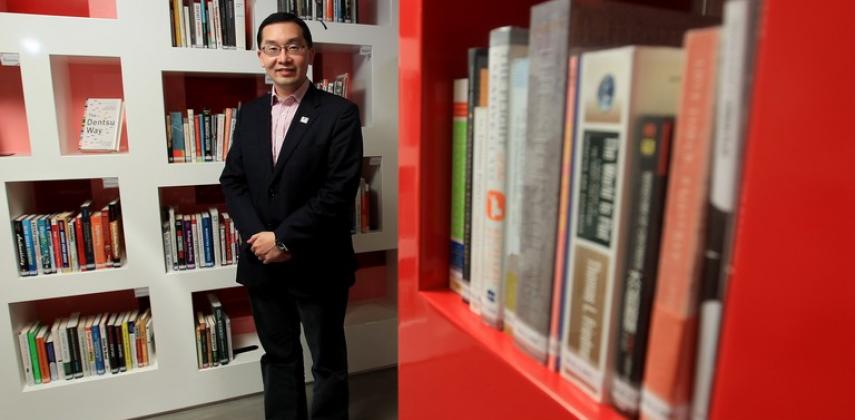As a concrete step to improve design management and innovation, Hong Kong Design Centre is introducing a brand-new executive education course. Intended for professionals with five to 10 years' work experience, the "InnoDesign Leadership Programme" will teach international best practice and provide the level of strategic skills needed to effect change, realise creative visions, and make effective use of talent.
"Professionals need to be more resourceful in using design to create value," says Edmund Lee, executive director of Hong Kong Design Centre. "[The right approach allows firms] to offer products, services and solutions that deal with corporate and social needs and, by doing so, improve people's general quality of life."
Beginning in late June and run under the auspices of the Institute of Design, which is described as a "virtual" organisation, the modular programme will appeal to individuals and entrepreneurs who work in areas like brand management, marketing, product development, and strategic planning. It will also have immediate relevance for design practitioners and forward-thinking executives in any type of creative industry. About 25 students will join the first intake.
Classes will be taught by respected academics from internationally known design institutes and universities. Built around a strong theoretical framework and interactive workshops, the course will also include lectures by industry experts and business pioneers.
"The aim is to nurture future leaders by broadening horizons, giving new perspectives, and showing how to advance entrepreneurial endeavours," Lee says. "Design thinking as a core competency is more important than ever and has become a game-changer in many fast-moving fields of business."
Strategic or supporting partners include the IIT Institute of Design in Chicago, the Royal College of Art in London, and the Hong Kong Polytechnic University. Programme content will balance instruction on design practices and methods with "enrichment" subjects covering aspects of accounting, marketing, economics, technology, psychology and culture.
The aim is to ensure modules keep evolving and that materials and topics can be applied to workplace situations. Students must complete 15 modules in 20 months and present an individual "demo project".
Assessment is also based on in-class performance, participation and presentations. "We will place great emphasis on identifying hot topics, trends, and areas of advanced design knowledge required by professionals and business executives," Lee says.


